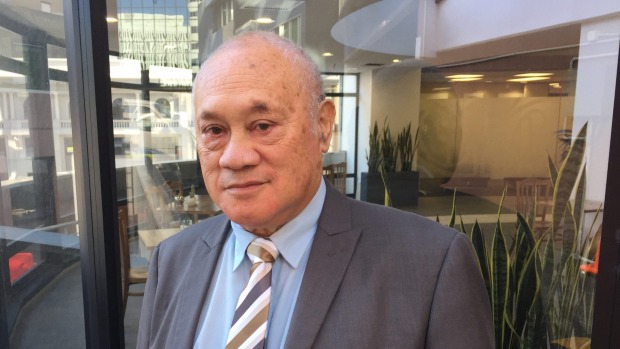Drug law reform needed to end Māori over-incarceration

The government must urgently act to end the persistent failure by the criminal justice system to address disproportionate Māori reoffending rates, said the New Zealand Drug Foundation in response to a Waitangi Tribunal report, Tū mai te rangi.
The Drug Foundation has backed the claim by former Corrections officer Tom Hemopo, and welcomes the Tribunal’s findings that the Crown has breached its Treaty of Waitangi obligations by failing to address the high rates of Māori reoffending and reimprisonment.
The Tribunal’s report condemned the “grossly disproportionate, decades-long, and increasing Māori overrepresentation in the nation’s prisons”, which it said was a “devastating situation for Māori, and for the nation”.
“Our criminal justice system has been failing Māori for decades and we’re not seeing any sign of improvement despite reports over decades highlighting these failures,” said Ross Bell, Drug Foundation Executive Director.
“We endorse the Tribunal’s recommendations to improve efforts by the Department of Corrections to tackle high rates of imprisonment and reoffending, but the Government should urgently find ways to turn off the tap of people entering prison in the first place.
“Our obsolete drug law, which is 42-years-old, is a key reason for people being imprisoned, with about 40 percent of Māori jailed on drug-related charges. Treating drugs as a health issue by reforming our drug law and investing heavily in drug treatment and rehabilitation would be a great place for the government to start to reduce the burden of our criminal justice system on Māori whanau and communities,” said Mr Bell.
“We should all be ashamed that New Zealand has its highest prison population ever, with Māori making up an increasing proportion of that. The government invests too much into punishing people while failing to eliminate drug treatment waiting lists. About 80 percent of the government’s spending on tackling drugs goes to Police, courts and prisons. We have the balance wrong. It’s time now to re-focus government’s efforts on drug prevention, education, treatment and rehabilitation.”
The Drug Foundation supports the 2011 Law Commission recommendation that the Misuse of Drugs Act 1975 be repealed and replaced by a mandatory cautioning and health referral scheme.
“We would urge political parties to go into this election year with clear policies around drug law reform. The criminal justice approach to drug harm is not working, and serves only to drive up our prison population, which, as this report highlights, impacts greatly on Māori,” said Mr Bell.
Recent news

Reflections from the 2024 UN Commission on Narcotic Drugs
Executive Director Sarah Helm reflects on this year's global drug conference
What can we learn from Australia’s free naloxone scheme?
As harm reduction advocates in Aotearoa push for better naloxone access, we look for lessons across the ditch.

A new approach to reporting on drug data
We've launched a new tool to help you find the latest drug data and changed how we report throughout the year.

